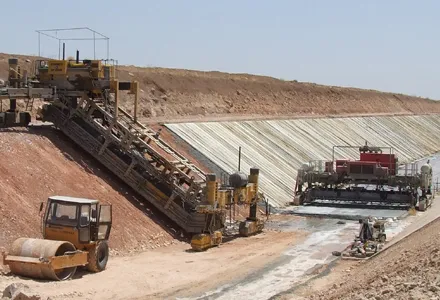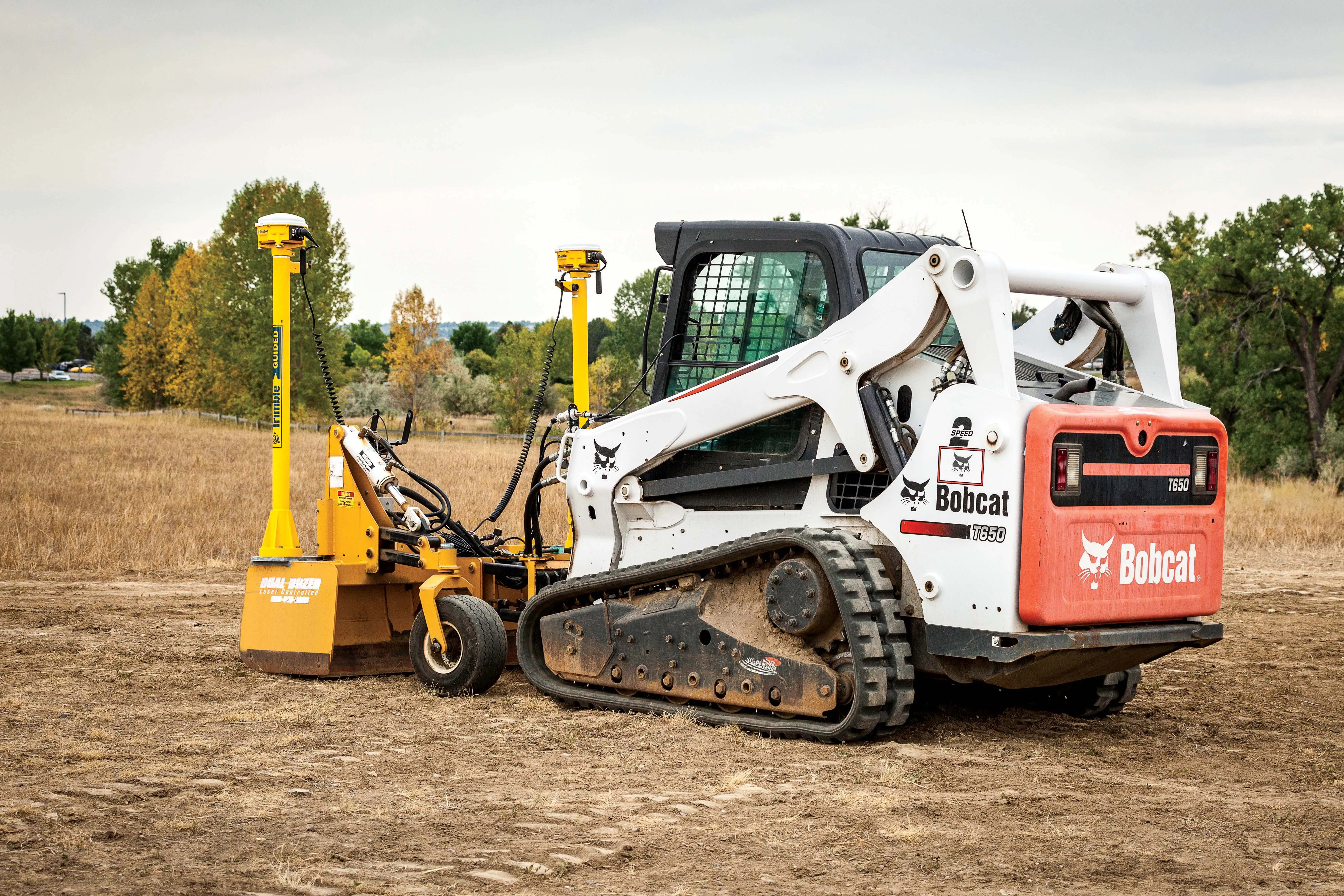
It’s common practice for manhole covers to be installed in the early stages of a housing development, well before the final tarmac is laid. This means that the manhole cover is installed proud of the binding layer, but making it susceptible to construction traffic damage. Or, if installed level with the binding layer, it must be entirely dug out and effectively re-installed.
Both scenarios mean additional costs and potential complications.
To counter this, Wrekin Products has created ClickLift to raise Wrekin Highway and TriStar frames to suit the final surface layer without the need for digging out and re-installing. The cover and the frame are installed at the binding layer level to reduce the possibility of site damage.
When the finish surface layer is being applied, the manhole cover can be raised with the ClickLift frame extender, simply and quickly, explains Simon Gibson, technical director at Wrekin Products.
“When specifying covers for developments, we’ve also noticed that specifiers sometimes don’t consider the construction phase traffic and the impact of site vehicles on ironwork,” he says.
“The new product is kitemarked by BSi and is available with four fixed incremental depths – 30/40/50/60mm – for two clear openings – 600/675mm. It is designed for use with both Wrekin’s Highway manhole cover range and TriStar manhole cover range.”
Wrekin has a full range of geosynthetic solutions for ground stabilisation, reinforcement, erosion control, drainage and other environmental issues. The company, based in the UK, recently announced that its Unite series of manhole covers and gully tops now comes with a 10-year guarantee and that its products have been in service on highways around the UK for more than 11 years with zero failures on 250,000 installations.









